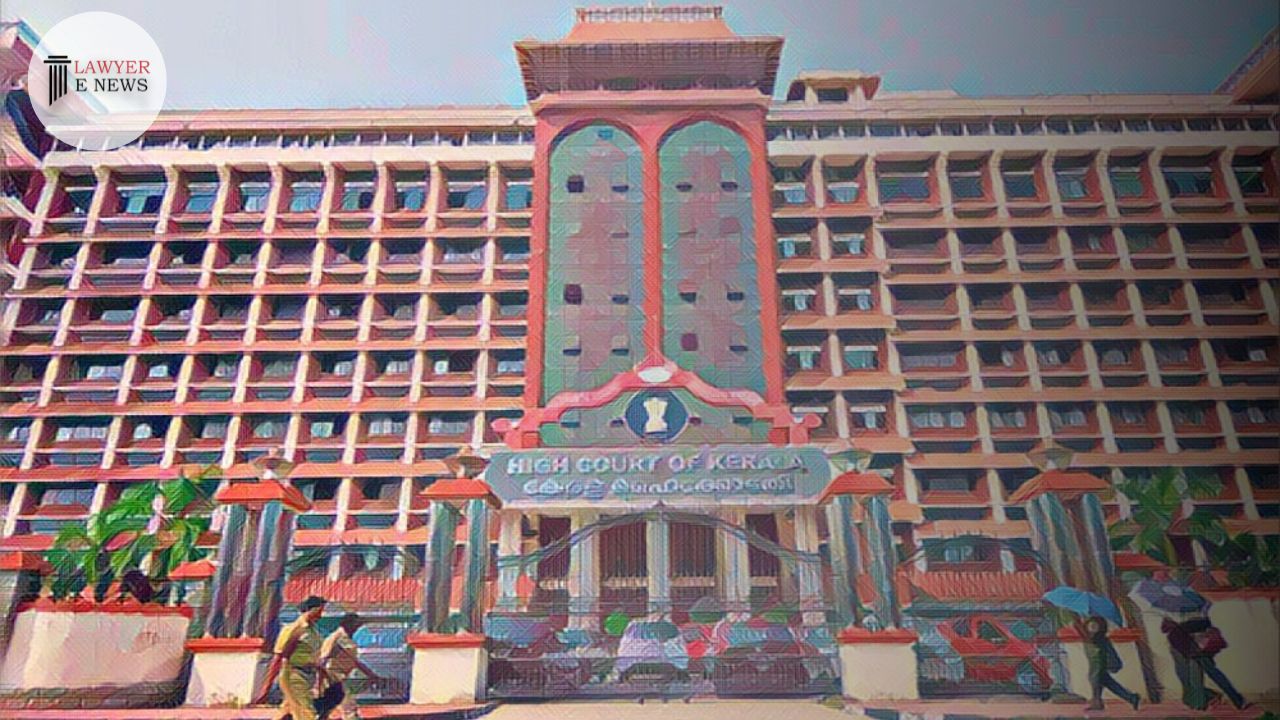-
by Admin
06 December 2025 2:53 AM



In a recent judgment delivered by the Kerala High Court on October 25, 2023, in a second appeal case related to a land dispute, the Court emphasized the crucial requirement of formulating substantial questions of law for the admissibility of second appeals. The judgment highlighted the importance of adhering to this mandatory procedure and clarified the scope of substantial questions of law.
The Court stated, "The substantial question of law should have substance, essentiality, and real significance, as opposed to being technical, inconsequential, or academic."
The case involved a property dispute concerning government-owned land, where the plaintiff sought relief of prohibitory injunction against the defendants to protect their alleged possession based on an unregistered agreement. However, the Court found that the agreement in question required registration under Section 17(1)(b) of the Registration Act, as it pertained to immovable property with a value exceeding Rs. 100.
Regarding claims over government properties, the judgment emphasized the need for greater scrutiny in such cases, stating, "The court is duty-bound to look into the claim over government properties with greater seriousness, care, and circumspection."
The Court dismissed the second appeal, as no substantial question of law had been formulated during the admission stage, in accordance with Section 100 of the Code of Civil Procedure and Order XLII Rule 2. The judgment further clarified that second appeals cannot be decided on equitable grounds.
Additionally, the Court ordered an inquiry into the authenticity of certain documents related to government property, emphasizing the significance of protecting the rights and titles of the government to immovable property.
This judgment serves as a reminder of the strict adherence to legal procedures, particularly the formulation of substantial questions of law, in second appeals. It highlights the need for careful consideration in cases involving government properties and the mandatory requirement of adhering to the provisions of the law.
Advocates M. Narendra Kumar, Harshadev M., and B. Rajesh represented the parties in this case, but their specific arguments and representations were not mentioned in the provided judgment.
Date of Decision: 25 October 2023
PHILOMINA VS BERNARDSHAW
